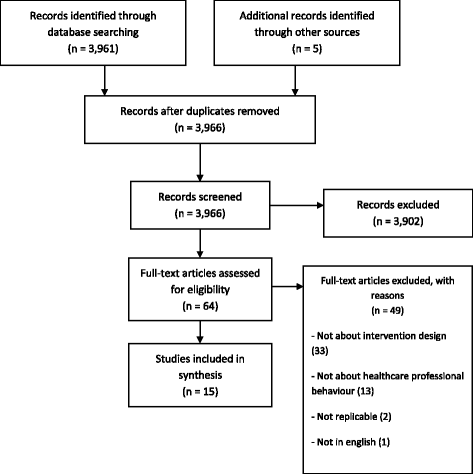Health Behavior Change A Guide For Practitioners

Health behavior change: a guide for practitioners. Edinburgh: Churchill Livingstone Elsevier, 2010 2nd ed. / Pip Mason, Christopher C.
Engagingly written by experts with worldwide reputations in the field, Health Behavior Change presents an exciting method which can be used to helps patients change their behaviour in both hospital and community settings. The method is applicable to any behaviour, such as overeating, physical inactivity and smoking or with patients struggling with the consequences of chronic conditions like diabetes and heart disease. Using brief, structured consultations with the client, the practitioner encourages the patient to take charge of decision-making concerning their health. It relies upon partnership between professional and patient rather than dominance of one over the other and is carried out in a spirit of negotiation rather than confrontation. The text clearly outlines the fundamental principles behind the method while applying it to practice. Problems of resistance and lack of motivation are explored and practical strategies to manage them are suggested.

The patient is at the centre throughout. Short case examples and dilemmas from clinical settings ground the method in the reality of practice. Table of Contents. Pip Mason has a background in general nursing and her first post after qualifying was in neurosurgical intensive care. Quickly realising that she was better suited to working with patients who were well enough to have a conversation, Pip took some counselling training and began working with people with alcohol problems.
From the start, Pip was intrigued by the issues of motivation, commitment and ambivalence, and enjoyed the challenge of engaging needy but reluctant service users. She was also intrigued by the emerging research showing the effectiveness of ‘brief interventions’. These interests took her into work with other fields of addiction and into health behaviour changes such as eating, physical activity and medication compliance to prevent, and manage, both physical and mental ill-health. Pip’s post-graduate research degree explored the value of placing alcohol counsellors within primary care teams, something that was new at the time but is now widespread across the UK. She currently keeps her own consultation skills fresh working two days a week in a ‘recovery hub’ in the West Midlands, UK, as a practitioner working with people who have gambling problems. Pip’s other developing interest was how best to train practitioners to work in line with the emerging evidence base.
Health Behavior Change Examples
In a consultant capacity, Pip worked with the Health Education Authority (England) and with the World Health Organization, developing training packages and disseminating guidance on brief health promotion interventions to health professionals across Europe. Currently, she runs a training consultancy practice, Pip Mason Consultancy Ltd, teaching the ideas within this book alongside intervention skills such as cognitive behavioral therapy and Motivational Interviewing. For over 20 years, Pip has been an active member of the Motivational Interviewing Network of Trainers (MINT), which is an international organization committed to promoting high-quality Motivational Interviewing practice and training. Many hundreds of people from all sorts of backgrounds have attended Pip’s courses over the years and shared their perspectives with her – some of their experiences are found within this book.